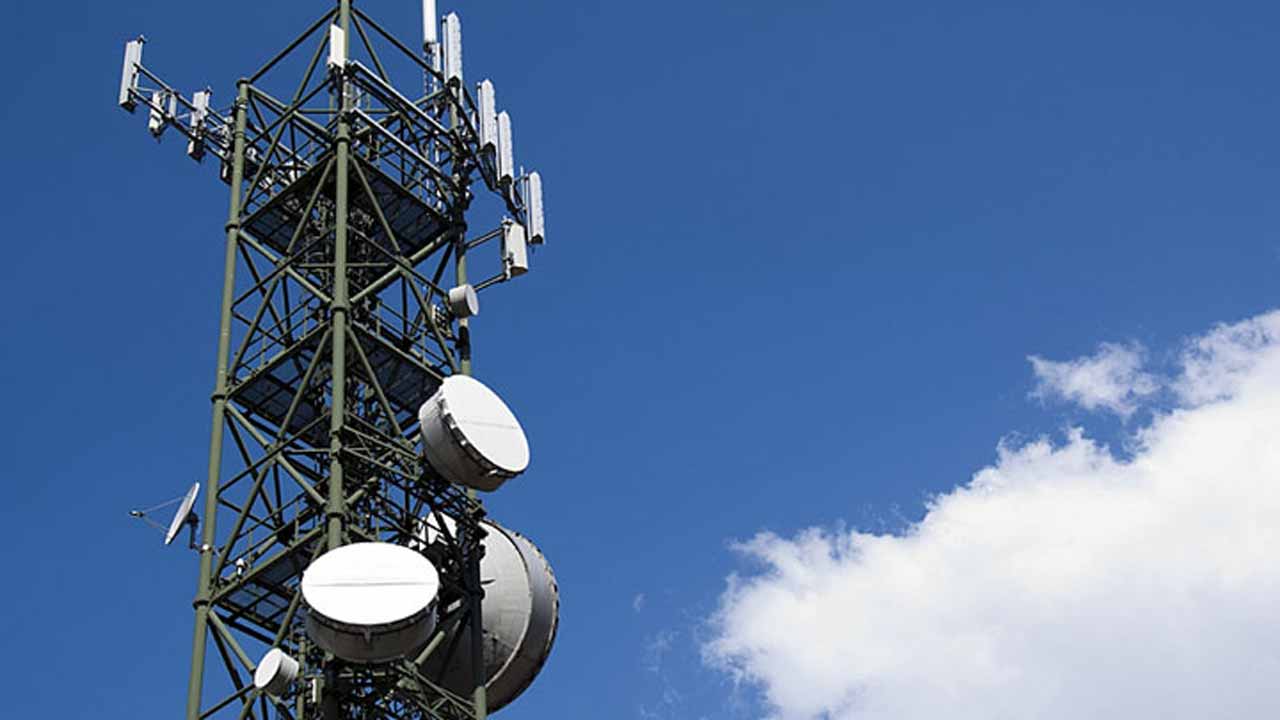
Airtel, MTN Nigeria, and IHS Towers, some of the largest telecom operators in Nigeria, are reevaluating their investment strategies in the country due to mounting economic challenges. The companies have cited multiple factors, including heavy taxation, worsening power supply, and significant financial losses driven by foreign exchange (FX) volatility over the past two years, as reasons for reconsidering their level of investment in Nigeria.
During a panel session at the Telecom Townhall Forum organized by Financial Derivatives Company (FDC), Carl Cruz, CEO of Airtel Nigeria, revealed that the conversation has started among shareholders about potentially slowing down the pace of investment in Nigeria. He noted that investments in Nigeria are increasingly being compared with those in other markets, where the returns might be more favorable.
Karl Toriola, CEO of MTN Nigeria, highlighted the difficulties posed by the government’s reluctance to approve tariff hikes. He explained that with rising inflation, the inability to adjust prices to match increasing operational costs puts significant pressure on the telecom sector. Toriola emphasized that it’s becoming unsustainable to continue operations without reflecting the true cost of inputs in service pricing.
Kazeem Oladepo, Vice President at IHS Towers, echoed similar sentiments, noting that the macroeconomic conditions in Nigeria have deteriorated over the past five years. This decline has limited the ability of telecom operators to extract value from their investments.
The telecom industry in Nigeria has seen significant capital inflows since the first telecom license was issued in 2001, with total investments exceeding $70 billion. However, despite these substantial investments, the industry faces ongoing challenges. For instance, over ₦14 billion was spent on repairing 59,000 fiber cuts between 2022 and 2023, illustrating the high maintenance costs associated with operating in Nigeria.
As losses continue to pile up for these telecom giants, the risk to shareholder equity grows. According to data from the Financial Derivatives Company, a 1% drop in telecom investment could lead to a corresponding 1% decrease in the industry’s contribution to Nigeria’s GDP. This potential decline is particularly concerning given the current economic situation in Nigeria, where every percentage point of GDP growth is critical.
Despite these pressures, regulators have been hesitant to approve tariff increases, which could be politically unpopular and exacerbate the already dire cost-of-living crisis facing many Nigerians. This leaves the telecom operators and regulators in a difficult position, balancing the need for investment with the financial realities of the market.
As these telecom companies deliberate on the future of their investments in Nigeria, the outcome will likely have significant implications for the country’s telecommunications landscape and overall economic health.
